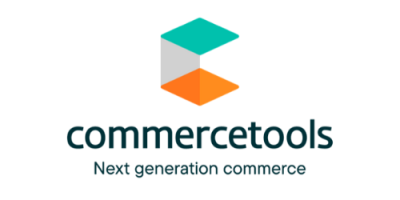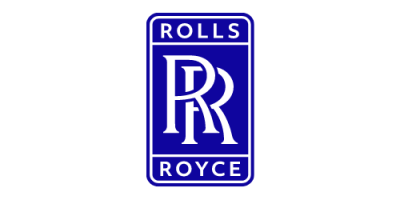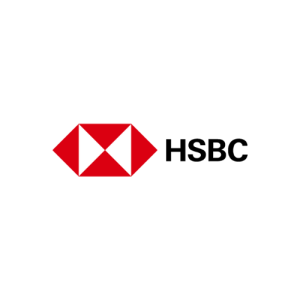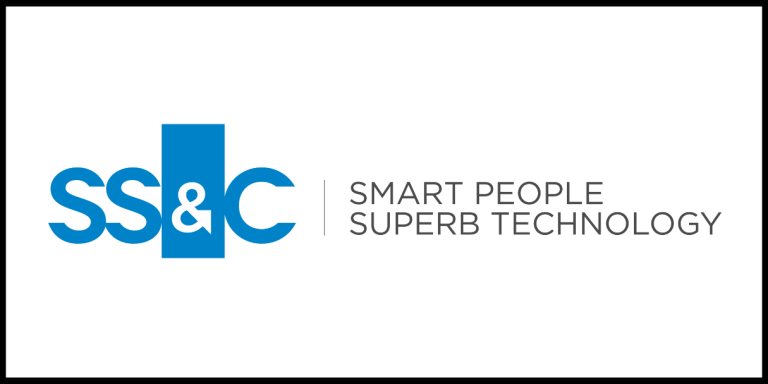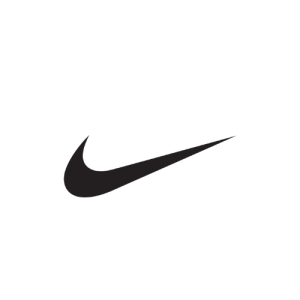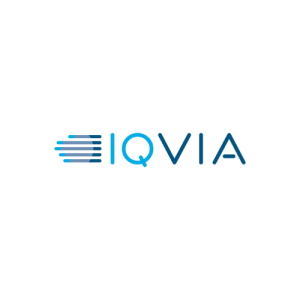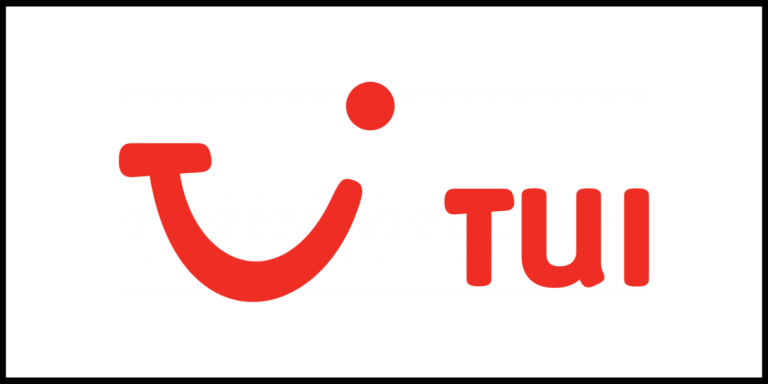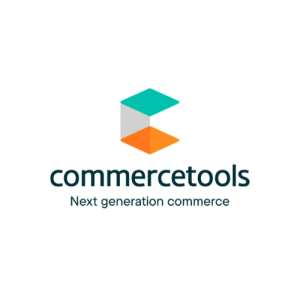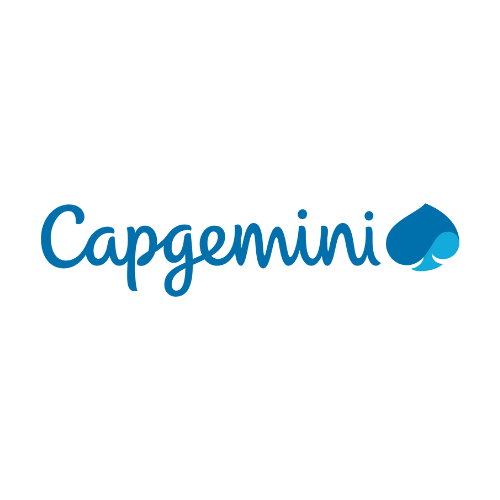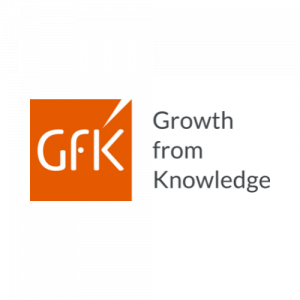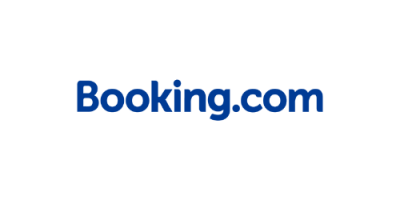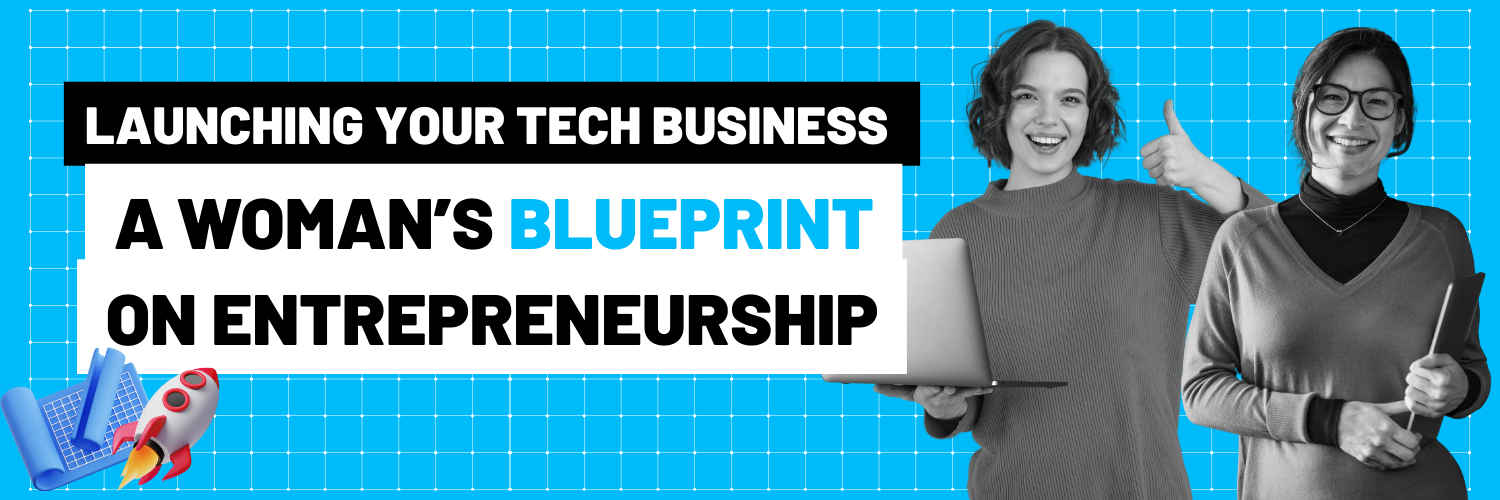
Content Menu
HOW TO START YOUR ENTREPRENEURSHIP JOURNEY AS A WOMAN IN TECH
When you think of an entrepreneur, what image comes to mind? Many people may not visualise a woman entrepreneur, but did you know that 43% of entrepreneurs worldwide today are actually women? This is a huge increase in the number of women who’ve gone into entrepreneurship over the past few decades, and it’s great to see the different walks of life they’ve come from.
How to get started with your tech business idea
So if you have a tech business idea that you’ve been pondering over, or perhaps you are still wondering how to get started, then here’s a short guide to spark motivation and inspire you to turn those ideas into reality.
Three things to DO before starting your tech business
Successful entrepreneurs have a game plan before launching their business by creating a successful blueprint. Luckily, we’ve got three top tips to get your preparations started!
Step 1: Research your tech idea 🔍
First, identify your mission. What do you want to achieve with your tech idea and what problem are you aiming to solve with it?
Most tech businesses have a mission statement that forms the foundation of not only their business goals, but their purpose for existing in the market especially if you are looking to break into a highly sought-after tech market that involves competition with other tech start-ups, or already established businesses.
First research, and then find your niche. Ask yourself “What makes my idea stand out from the rest?” and whether this model already exists. If you then go on to pitch this business idea to investors, for funding and support, they will look into your value proposition to decide whether or not your business is worth investing in – you’ll hear a lot about product market fit, so ensuring you have this researched and confirmed is key factor! Presenting to investors is often a short window of opportunity, so make sure your research and business pitch are at the highest level they can be covering areas like the size of the addressable market, the key needs you are fulfilling, how you are going to do this, and how you are projecting growth of the business across metrics such as revenue and profit.
Many developing businesses today are utilising artificial intelligence to create solutions that make everyday tasks easier—for example, making the task of food shopping & recipe finding a breeze with AI like Dishgen.com.
As a practice exercise, think of someone in your chosen industry that you’d like to get their buy-in from. Put yourself in their shoes and then critically ask yourself questions like ‘What is the unique need for my idea, product or service? How does it benefit the people I want to target, and what are the technological expectations needed to create this?’ this will help you thoroughly get to know your idea and be prepared to share it with others.
💡Once you’ve created the groundwork with your research you can then develop your idea.
Step 2: Develop your tech idea 💻
The next step is to develop your tech idea and identify what technology is required for it to be born. How can it be built and what programming languages are needed for it?
In this step, you must expand upon your idea and figure out the different layers needed to bring your product to life. This step can be hard to fathom if you are new to tech or don’t quite know the steps to get there, so it is a good opportunity to consult with tech specialists or niche developers in the area or industry you are looking to target.
As the founder of your idea, you will need to be able to explain the technology behind your product, so a good way to get started with your tech business idea is to acquire some basic coding knowledge and experience with different programming languages. This not only helps you to ideate it but also helps with the back-end building and development input.
Understanding all layers of technology that come with developing a product end-to-end, means you can communicate your ideas with stakeholders or team members (i.e. product managers and developers), understand the product lifecycle, and comprehend different insights that come into play throughout the process.
Step 3: Learn how to build your tech idea 🧠
This brings us to the next step! When you have a budding idea blooming inside your brain, it’s often easier to get started with the creation yourself – especially if you’re just starting and don’t have a team or budget to outsource talent. By having a basic understanding of code and fundamental skills, you can start forming the foundation of your idea, yourself!
Our ‘Intro To…’ Tech Taster courses are our bite-sized courses for new or returning coders. In just four weeks you can learn about specific key tech topics such as machine learning, JavaScript and data and gain a foundational understanding of code. Study as many of our Tech Tasters as you want to enhance your learning!
Perhaps you’d like to learn about a topic or language in more depth, such as Data & SQL. Data is a core skill desired in many industries and is especially useful in entrepreneurship. Learning the foundational uses of data can help you to understand the progress and development of your business, as well as develop data-led decisions.
Learn Data & SQL in more depth with our Kickstarter Classes that run for eight weeks and dive into core coding languages including Python and JavaScript.
Learn from the journey of these top women tech entrepreneurs
@codefirstgirls Ever wondered what it takes to become an entrepreneur? 💡🚀 🌟 Meet our incredible Ambassador Aileen who's dishing out the ultimate recipe for success when it comes to starting your own business! 💼 From finding the courage to mastering the art of resilience, Aileen’s got the insider tips to ignite your entrepreneurial journey 🔥 💫 Don't forget to share this post and spread the wisdom of the Three C's with your network! #CodeFirstGirls #DiversityInTech #CodingMemes #WomenInTech #Upskill #Transform #CareerSwitcher #LearnToCode #CodingCommunity #GirlsWhoCode #TechCareer #WomenInTechnology ♬ original sound - codefirstgirls
Learn from our very own CFG Ambassador Aileen Gana
Aileen is a powerhouse in the community 🔥 Not only is she a CFG Ambassador, but she is also a Senior Agile Delivery Manager at Clearbank and an entrepreneur!
Aileen is currently developing a woman’s undergarment brand called Cuurve, designed for “women who are quite well endowed” and in this reel, she shares her Three C’s of entrepreneurship which are:
👉 Courage
👉 Customer
👉 Consistency
Connect with Aileen here and follow her entrepreneurship journey!

Canva was founded by Melanie Perkins, who wanted to create a design platform that was intuitive and easy to use without any technical experience. At first, Melanie was rejected by more than a hundred investors in Australia, but eventually found more tech-driven backers to join her mission to make digital design easier and accessible. Canva is coded using a blend of HTML5, CSS4 and JavaScript. Today the platform is valued at over $26 billion and is used by people of different creative levels worldwide (including the team here at CFG! 🙌).
Maya Pindeus is the Co-Founder of Humanising Autonomy, a company that focuses on ‘building a global standard for human-machine interaction’ to create a global environment that is ‘built around people – not the other way around.’ During their study, Maya and her Co-founders realised that a key mechanism missing from the development of autonomous systems was people. Therefore, they developed Humanising Autonomy to drive the ethical uses of artificial intelligence and other outputs of technology. Maya specialises in design engineering and innovation, with a passion for connecting machines with humans. In 2020 Maya was included in the Forbes 30 Under 30 Europe in Science & Healthcare.
Bridgit Mendler is the CEO and Co-Founder of Northwood, a space tech company. After ‘falling in love with space law’ during her studies, she founded Northwood in 2023 where their focus is on ‘designing a data highway between earth and space by building ground infrastructure and satellite technology’. Bridgit began her career at a young age as a child actress noted for shows like Good Luck Charlie and Disney Channel. She left acting to study at the Massachusetts Institute of Technology and then at Harvard Law School, gaining a Doctorate in Law and Philosophy respectively.
Conclusion
🧠Learn – upskill & become part of the making process
🔍Research – get to know your industry and your mission
🔗Connect – network with other entrepreneurs and learn from them
💥Impact – understand your impact in the wider scope of tech


